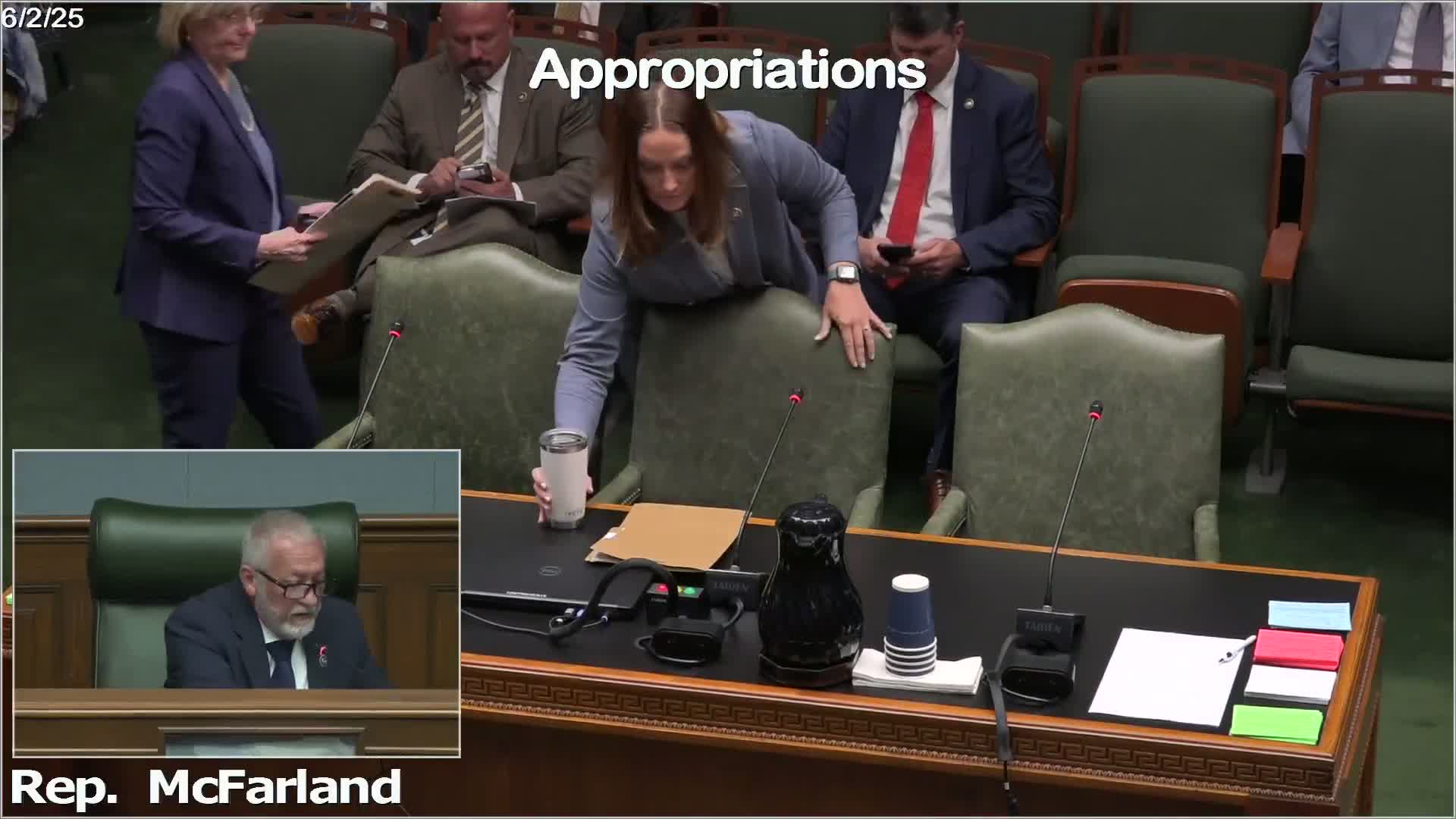Article not found
This article is no longer available. But don't worry—we've gathered other articles that discuss the same topic.
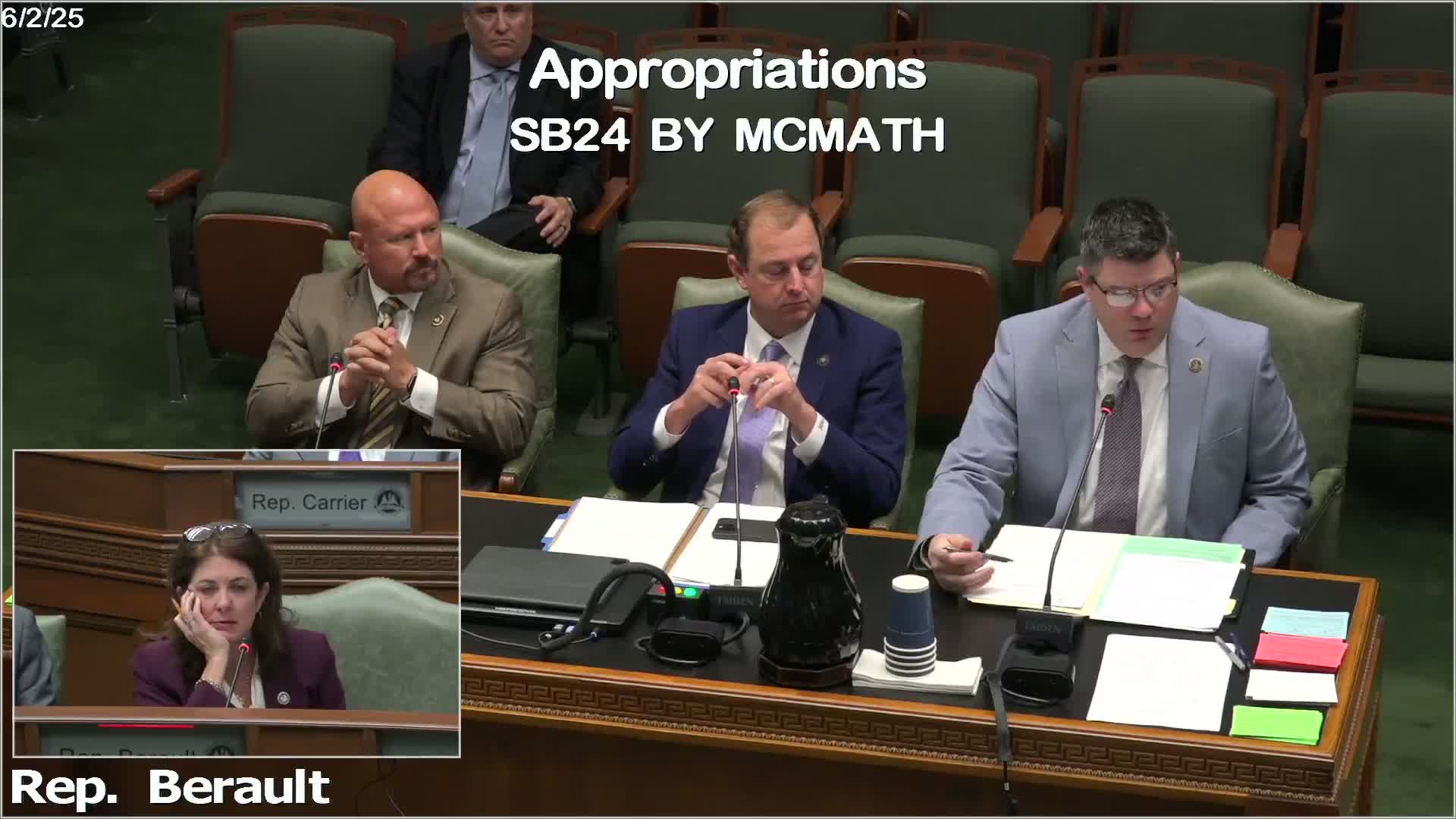
Committee advances bills expanding line‑of‑duty benefits for officers and firefighters
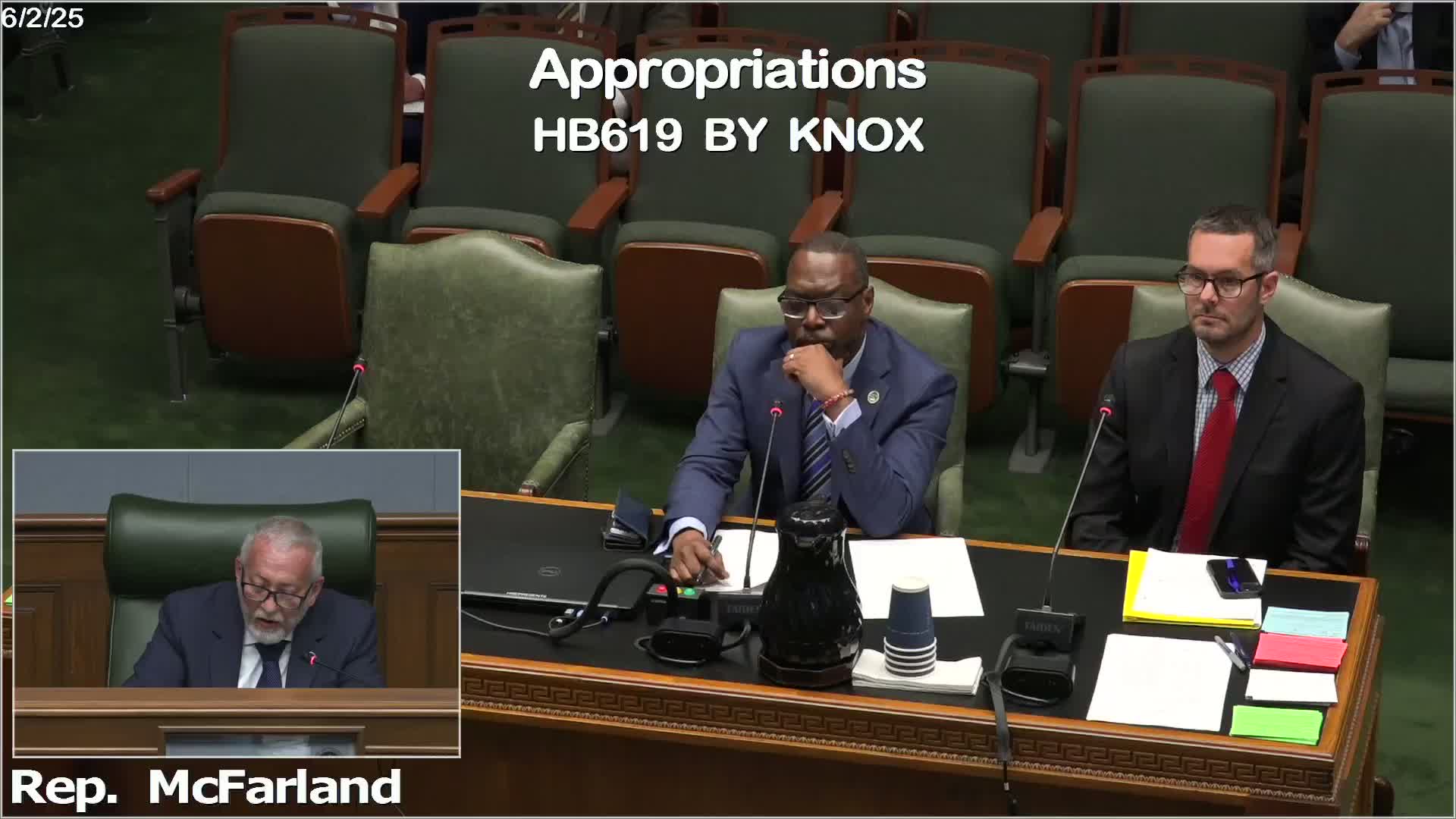
Committee advances change to Medicaid fraud recovery fund to stabilize enforcement funding
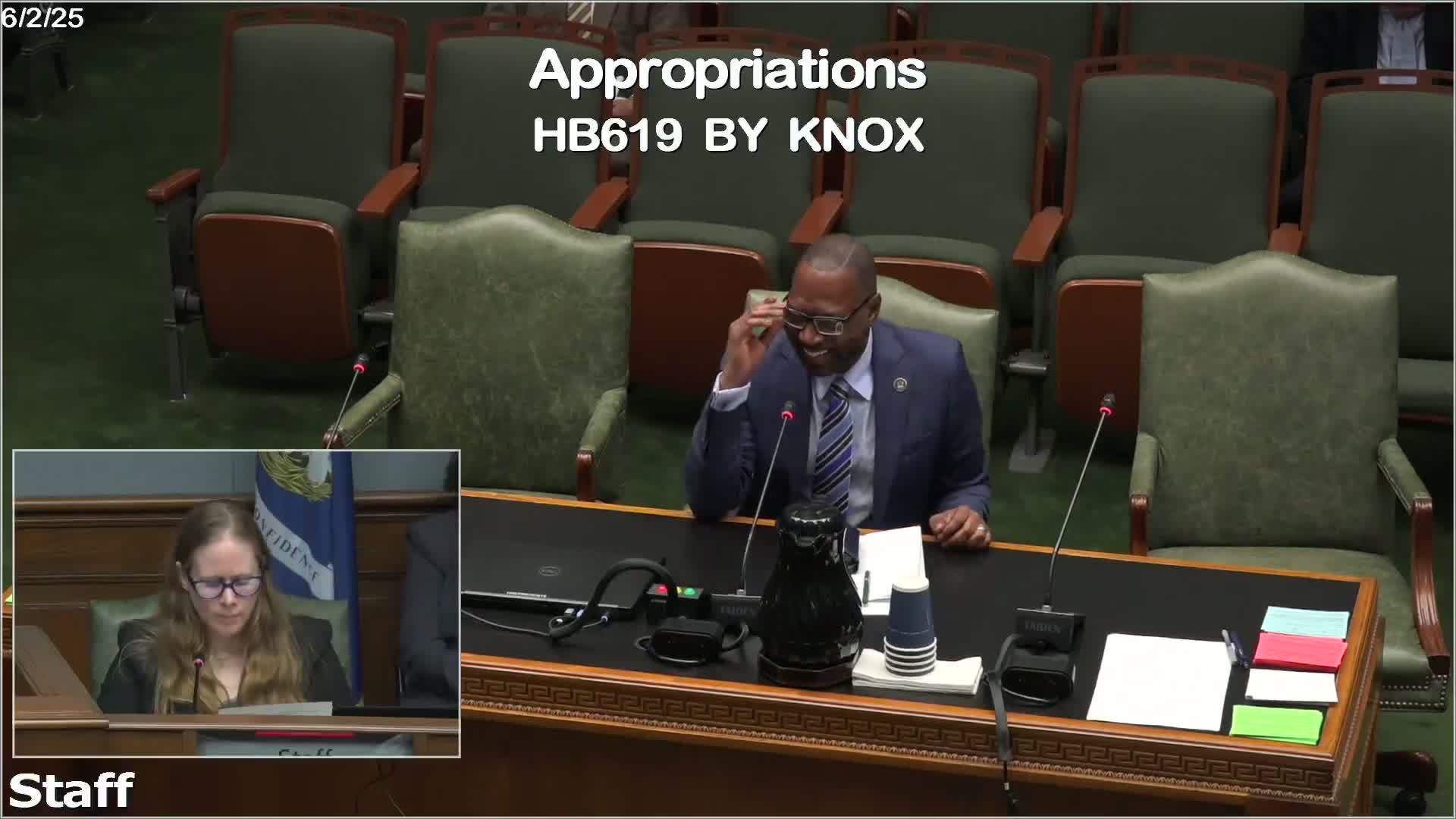
Appropriations committee deadlocks on shelter-and-encampment bill after widespread concerns
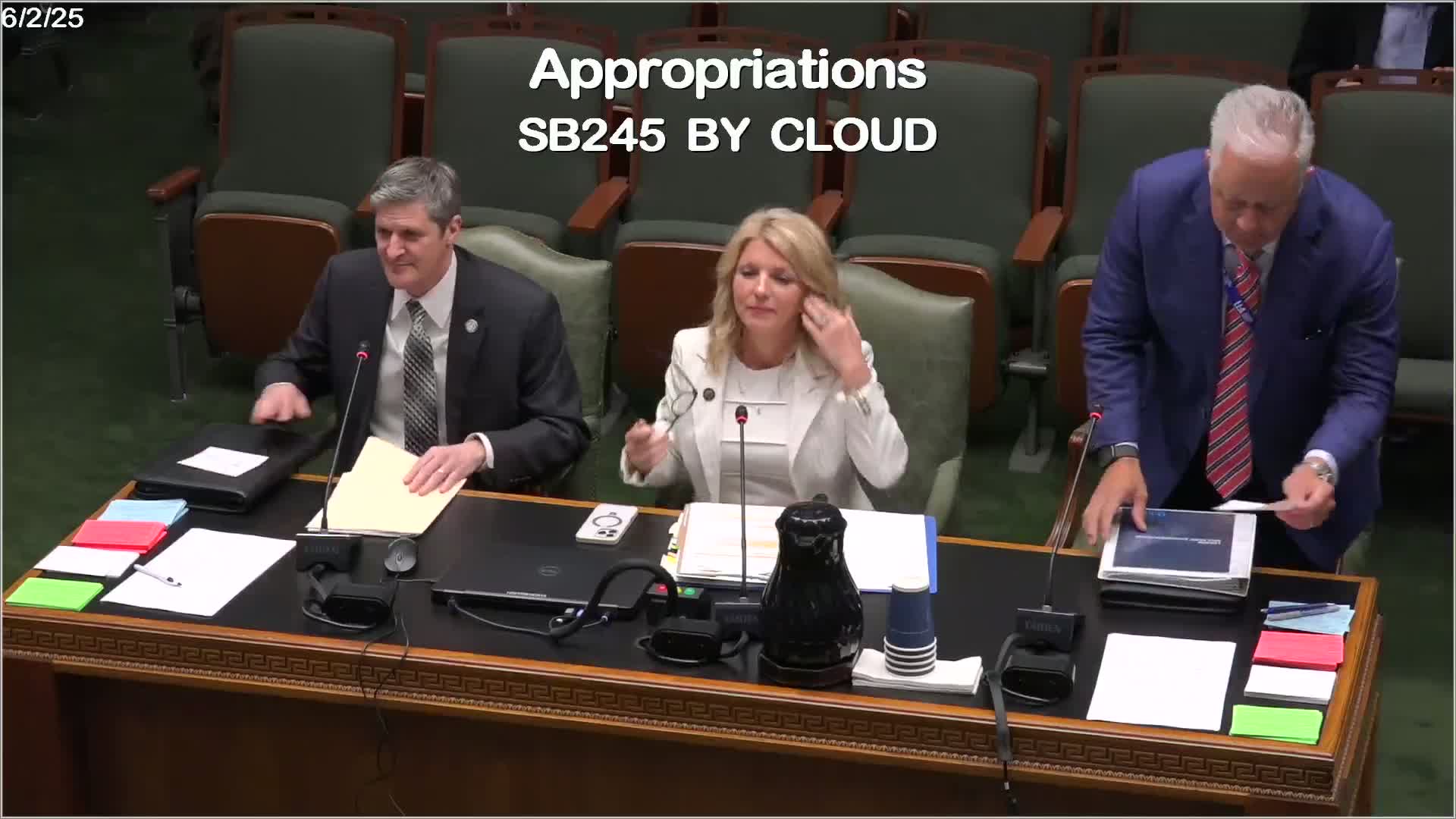
Committee approves database to centralize public reporting of state investments in NGOs
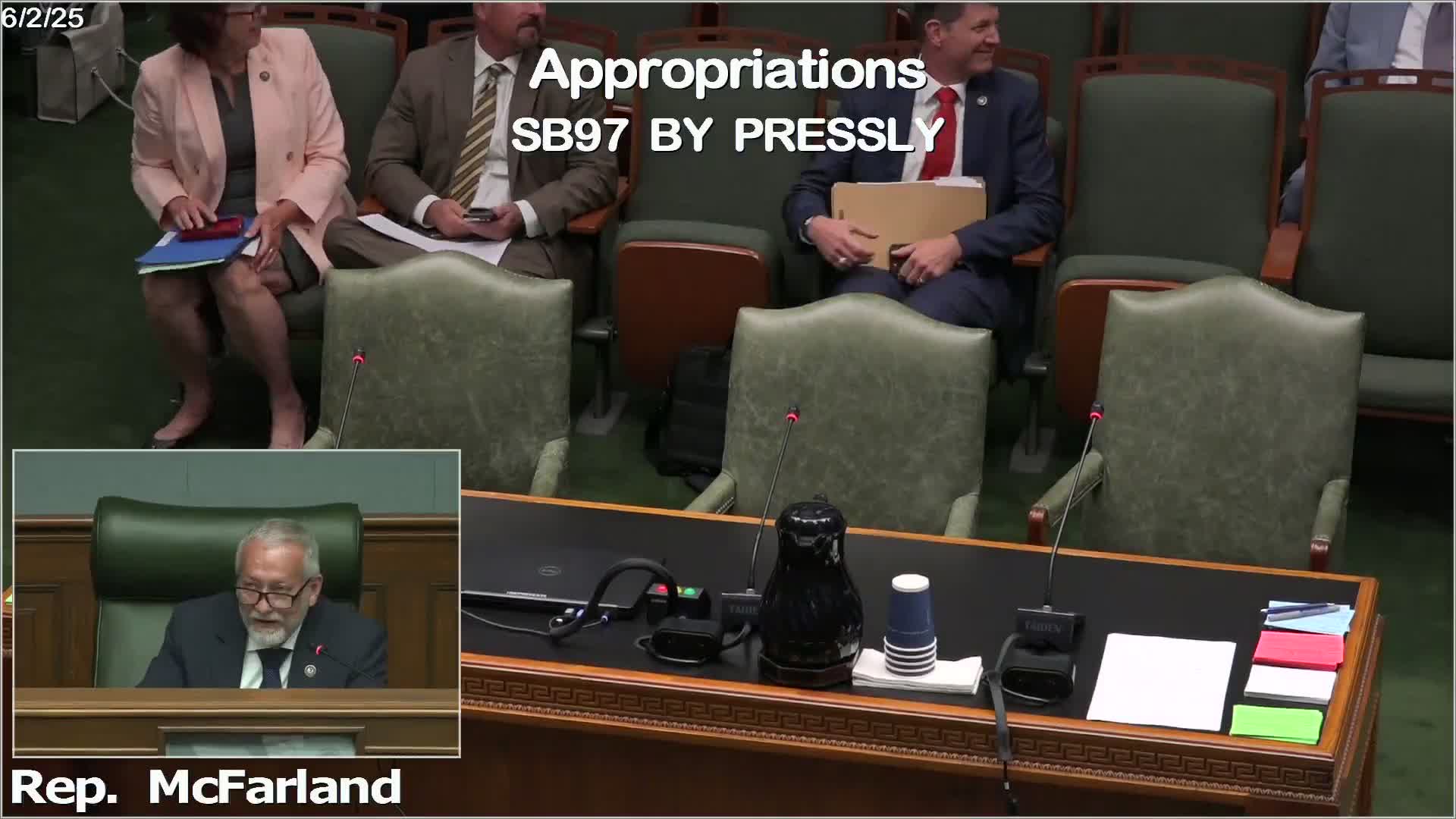
Appropriations committee advances bill to create future dividend fund for residents
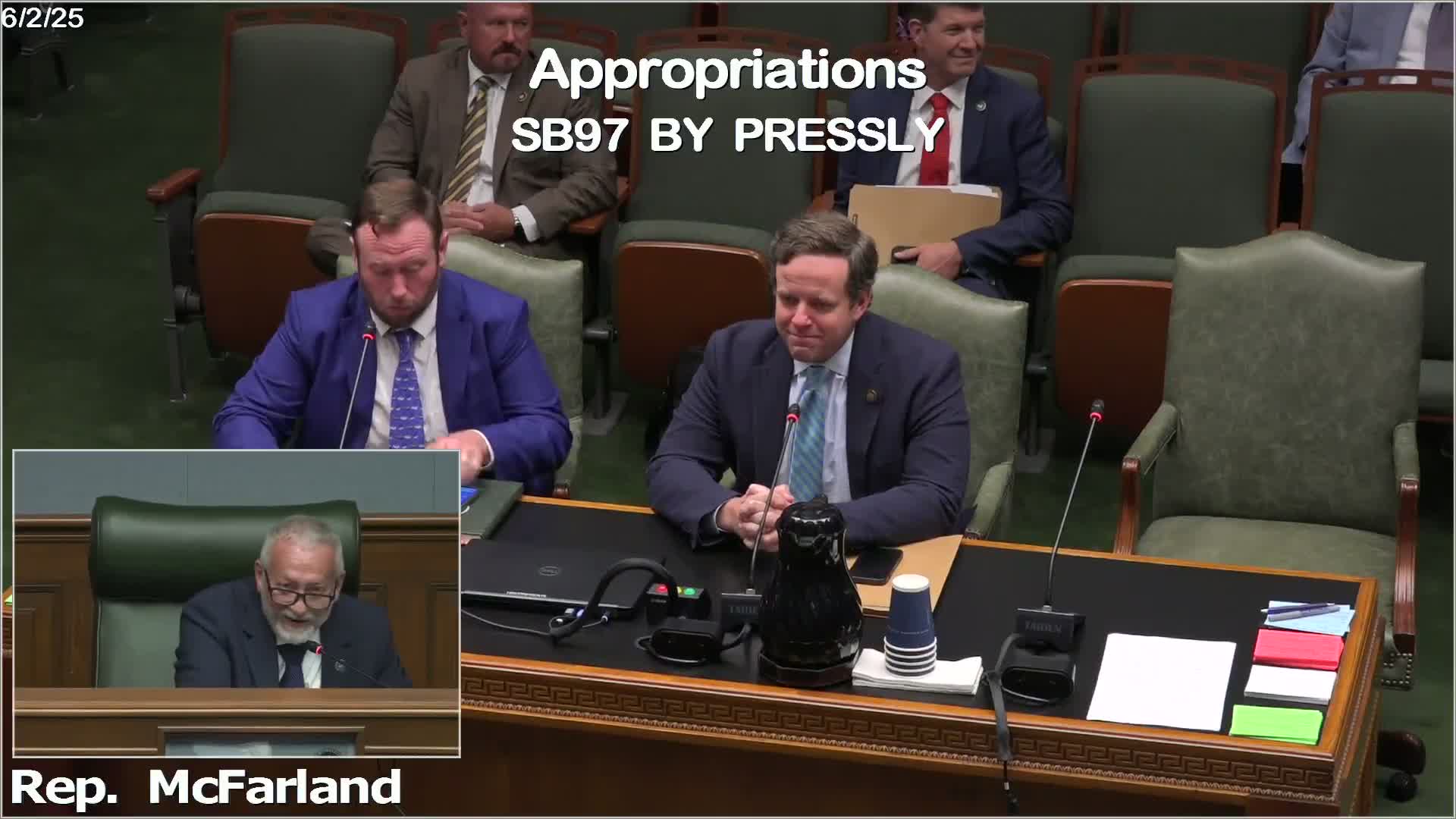
Committee backs bill to create inland water policy authority for noncoastal Louisiana
